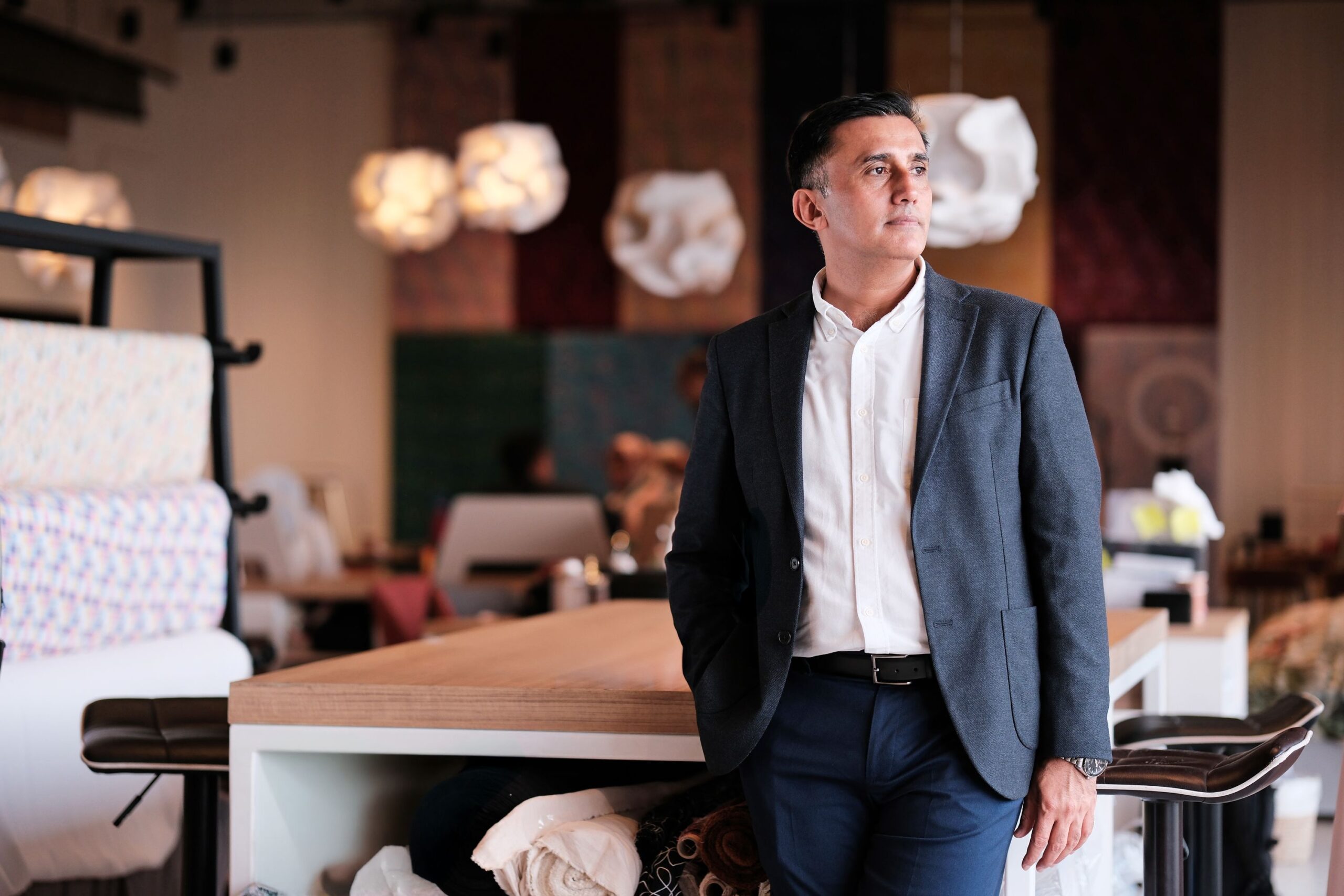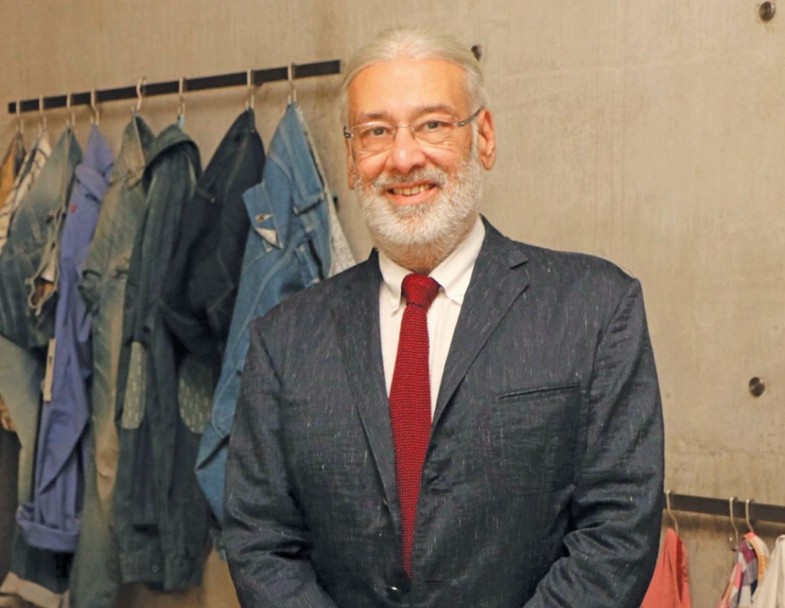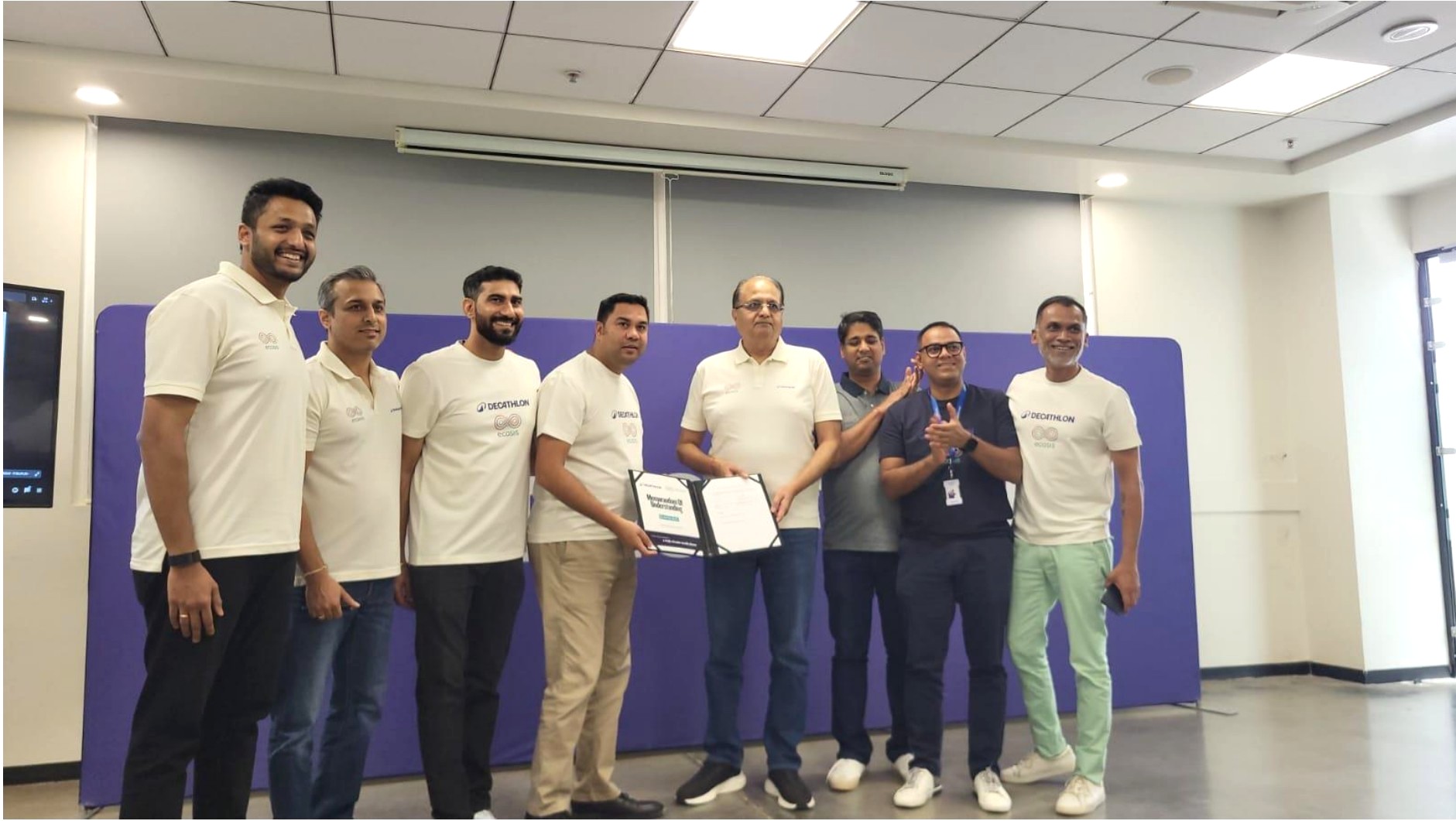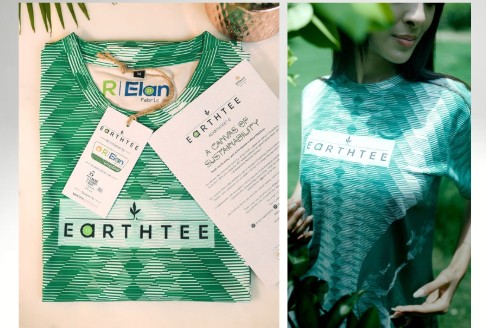Fashion and textile customers in India are becoming increasingly conscious of the value of sustainably produced fibres. As a result, demand for viscose and lyocell—both eco-friendly alternatives to conventional fibres—is gaining strong momentum. According to industry projections, India’s viscose market is expected to grow by 8.9 per cent over the next five years, while demand for lyocell is set to rise by more than 15 per cent annually in the same period, driven by the rise of environmentally conscious consumers and a textile industry embracing sustainable innovation.
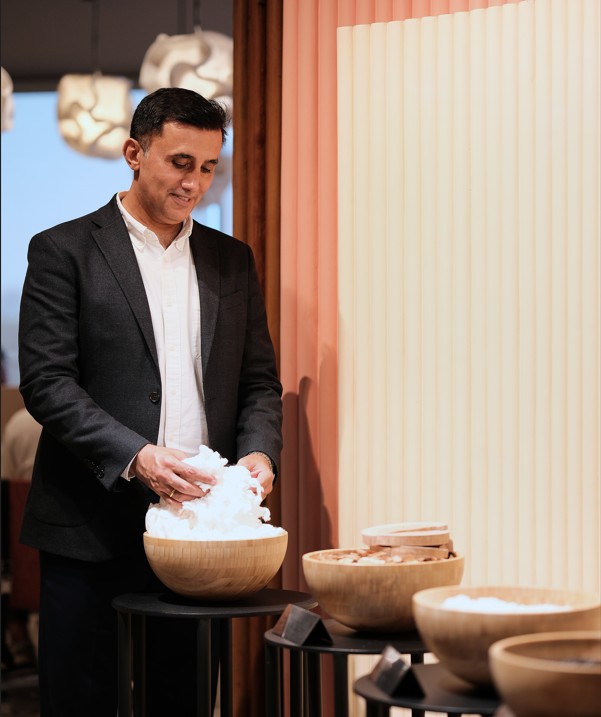
Asia Pacific Rayon (APR), Asia’s first fully integrated viscose rayon producer and part of global resource manufacturing group RGE, is aiming to capture a share of this growing market. In August this year, Singapore-headquartered RGE, announced plans to invest in a new manufacturing facility in Tamil Nadu to produce lyocell, an eco-friendly fibre used in textiles and hygiene products.
Sachin Malik, Commercial Head of APR, says: “India is one of the most exciting textile markets in the world right now. We see growing interest from brands, retailers, and garment makers who want to incorporate more sustainable fibres into their products. Both viscose and lyocell, with their strong environmental profile and versatility, can meet their needs.”
Growing demand for sustainable textiles
Viscose rayon, the second most widely used cellulosic fibre after cotton, is made from natural wood cellulose from trees like acacia and eucalyptus. It is bio-based, renewable, and made from natural materials.
Lyocell is produced through a closed-loop manufacturing process, where more than 99 per cent of the solvent and water used are recovered and reused, resulting in minimal environmental impact. This makes it particularly attractive to textile and fashion companies seeking to meet sustainability targets and comply with new global regulations.
Malik notes that demand for viscose and lyocell in India is being driven by two key factors: first, a growing segment of younger, environmentally conscious consumers, and second, the industry’s constant innovation that blends lyocell with other textile fibres to create new fabric styles and characteristics for wider downstream applications.
“Indian brands are moving quickly to align with global sustainability standards. They recognise that fibres like viscose and lyocell are not only sustainable, but also deliver superior comfort and strength,” says Malik. “This makes them ideal for modern apparel that balances performance and environmental responsibility.”
Global demand for natural fibres is also rising as cotton faces land and water constraints and synthetics come under scrutiny for their environmental impact. Within this shift, Malik says, India’s textile industry offers great potential.
“India is the fastest-growing large economy with a complete textile ecosystem from fibre to fashion. Despite tariff challenges, the long-term outlook is extremely positive. Proactive government policies and GST (Goods and Services Tax) rationalisation are further strengthening the sector.”
APR’s competitive edge
Established in 2019 with manufacturing operations in Indonesia, APR has become a leading manufacturer of viscose rayon. The company continually innovates to meet evolving market and consumer demand, producing a diverse range of viscose rayon. Demand for the company’s viscose is increasingly favoured in a broad range of applications.
As part of RGE’s broader strategy to expand its presence in international markets as a producer of sustainable, natural fibres, APR’s sister company within the global RGE group, Sateri, produces lyocell, in line with stringent sustainability criteria. Lyocell is traditionally used in cotton blends for denim, shirting, and nonwovens, and is now being used in technical textiles, apparel, and weaving segments.
“The fibre is just the building block. Much of the innovation happens downstream. We collaborate with mills, suppliers, and brands to unlock new applications that accelerate adoption,” says Malik. Sateri’s lyocell fibre products carry the USDA Certified Biobased Product label, certifying them as 100% bio-based. The company is also the first lyocell fibre enterprise globally to achieve both STeP certification and the usage rights of the OEKO-TEX® MADE IN GREEN label for traceable textiles. Additional certifications include PEFC-CoC, ISO 9001, and ISO 14001.
“We focus on our ‘3 S’ advantages—Stable quality, Stable supply, and Stable service. Customers need confidence that their supplier can deliver consistently on quality, volume, and service. We make sure that stability is at the core of our offering,” says Malik.
Supporting India’s textile sector
While APR’s immediate focus is on strengthening its position in India’s domestic textile value chain, Malik notes that its operations will also support export-oriented manufacturers serving global fashion brands.
APR is committed to supporting the development of India’s textile sector through partnerships, knowledge exchange, and innovation. The company plans to work closely with mills, spinners, and garment manufacturers to accelerate the adoption of sustainable fibres and new technologies.
Malik says that APR aims to be a long-term partner for India’s textile sector, contributing not only high-quality materials but also technical expertise and market insights. “India’s textile industry is increasingly becoming an export hub,” Malik adds. “By providing high-quality viscose and lyocell fibres that meet international standards, we want to support Indian manufacturers in reaching global markets, while also contributing to a more sustainable textile future.”
APR’s momentum is supported by RGE, which said it will be investing in the new lyocell manufacturing plant in Thoothukudi, in Tamil Nadu state. Once operational, lyocell produced at the plant will primarily serve customers in India. “With a more stable macro environment, the textile industry will thrive. This investment in Tamil Nadu signals a long-term commitment to India. We believe it will be transformative, both for us and for the wider ecosystem,” says Malik.
With its focus on innovation, transparency, and sustainability, APR is well-positioned to play a leading role in shaping the future of India’s textile landscape. “Our vision is simple,” says Malik. “We want to make sustainable fibres accessible, scalable and an integral part of India’s textile growth story.”


